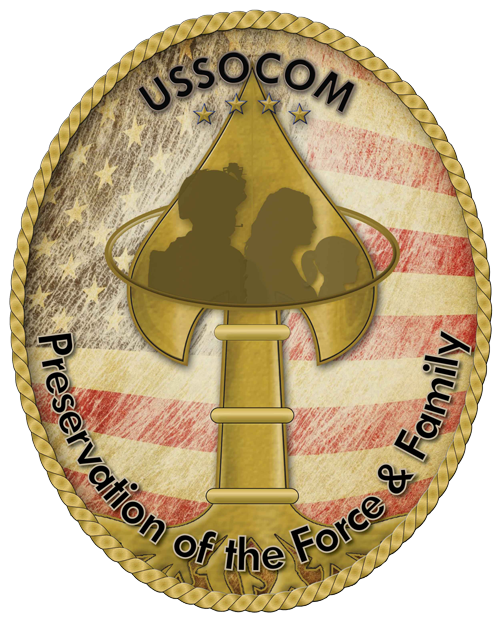Page Content
Whether you’re an Operator, Enabler, or
family member, it isn’t easy to reach out when you’re going through tough times. You mightn
prefer keeping struggles private, or maybe you feel there isn’t anyone you can turn to who might
really understand. Perhaps you feel the pressures of a culture that doesn’t enable you to talk
about hardships openly and honestly. Or you might just be looking for a way to begin making
sense of situations on your own.
Expressive writing—or writing about your deepest thoughts and feelings—comes with many
health benefits, including boosting your immune function and reducing blood pressure and
stress-related visits to the doctor. It also can help decrease depressive symptoms and enhance your sense of psychological well being. Writing interventions have been shown to help ease the
transition for veterans returning home and experiencing reintegration problems. It’s also been
shown to increase marital satisfaction for Army soldiers returning home after high combat exposure.
When you’re feeling stressed or anxious or just struggling to make sense of something, take
15–20 minutes to write, and then allow some time to decompress after writing. You might see
the most benefit if you do this over 3 or 4 consecutive days. Write about your deepest thoughts
and feelings. Include your take on the situation at hand. Reflect on how it’s impacting you and
what you’re doing to get by. Use writing as a space to say what you can’t say to anyone else. The
format doesn’t matter—on a piece of paper, inside a journal, or electronically. While writing,
you might notice that you’ve developed a different perspective on events.
You might identify a silver lining to a difficult experience. You might highlight effective and ineffective ways you’re
coping, helping you take further action to seek help or use those strategies in the future. Why does expressive writing work? Writing about your deepest thoughts and feelings can be an
effective tool to help you process your stressful events. It can help you direct attention to causes of distress, raise awareness of the impact they have on you—emotional, behavioral, or physiological—and help highlight second- and third-order influences on your effectiveness and
relationships.
By helping you express the emotions you might want to suppress or avoid, the process helps alleviate the physiological impact that emotional inhibition can have. Expressive
writing puts distance between you and your thoughts, giving you an opportunity to evaluate, organize, and restructure your story. Finally, writing about traumatic experiences can help regulate negative emotional responses through repeated exposure.
It is very important to note that writing can bring about short-term increases in distress and
negative mood—products of the writing process and of having to confront a difficult topic. Over
time, these responses give way to long-term benefits. If you find yourself continually struggling or feeling more distressed even after writing, consider seeking the help of a mental health
professional or otherwise reaching out for support.
Expressive writing is science catching up
with the wisdom of grandma: keeping a journal of your deepest thoughts and feelings is an easy
way to support Operator, Enabler, and family well-being.

